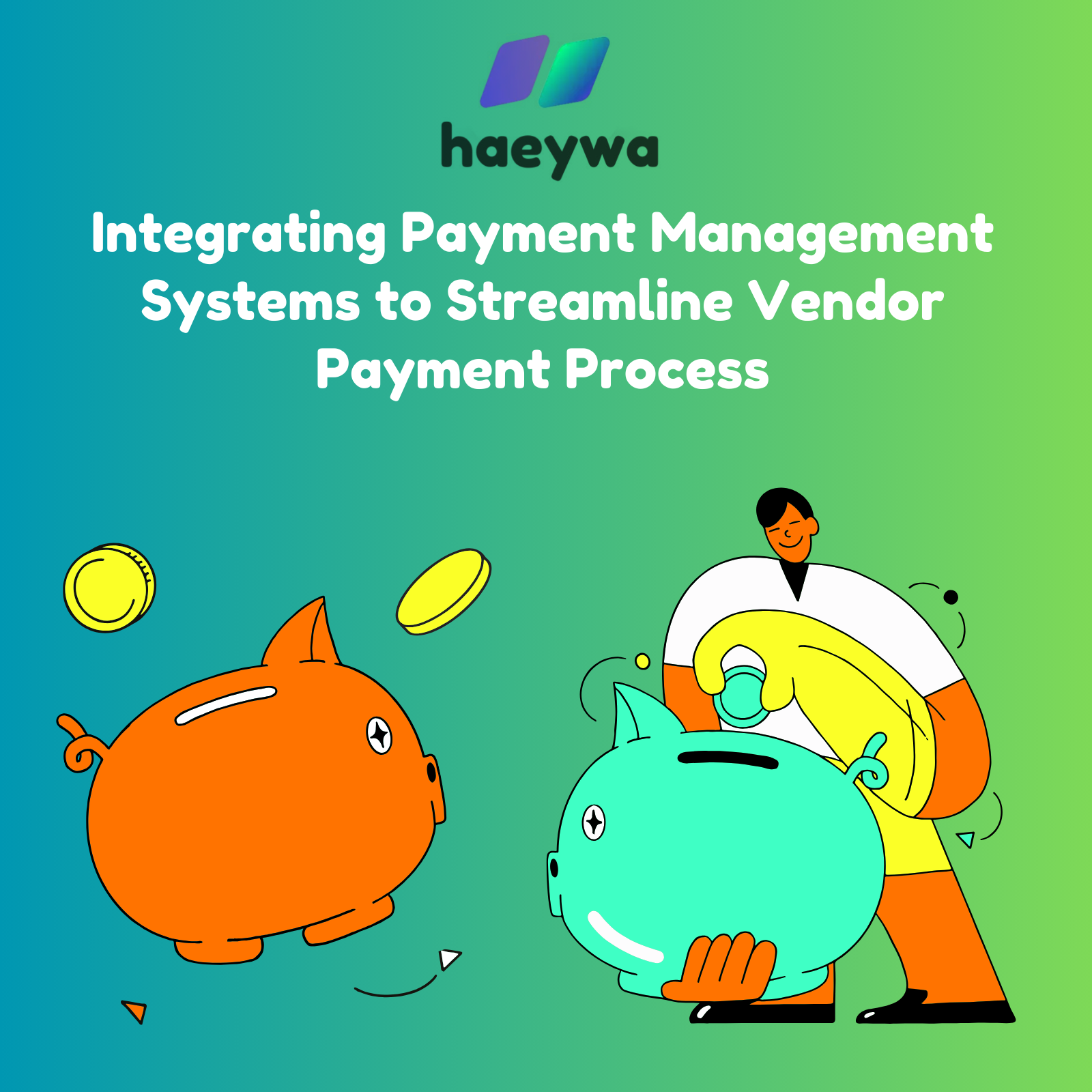haeywa apps • February 24 2026 • 2 min read
In the fast-paced world of digital finance, the advent of Unified Payments Interface (UPI) has ushered in a new era of seamless and efficient transactions. Among the various facets of UPI, the emergence of Merchant UPI has significantly influenced the global economy, transforming the way businesses engage in financial transactions and opening up new avenues for economic growth. This blog explores the profound impact of Merchant UPI on the global economy and the implications it holds for businesses and consumers alike.
Unified Payments Interface (UPI) is a real-time payment system that facilitates instant money transfers between banks using a mobile device with internet connectivity. While UPI initially gained popularity for person-to-person transactions, the introduction of the Merchant UPI app has expanded its scope to include business transactions seamlessly.
Merchant UPI allows businesses to accept payments from customers directly into their bank accounts through UPI-enabled apps. Whether it's a small local business or a large multinational corporation, the Merchant UPI app offers a versatile and secure platform for accepting payments, reducing the reliance on traditional payment methods like cash or card.
Merchant UPI has streamlined the payment process, reducing the time and effort required for both businesses and consumers. This increased efficiency contributes to a faster and more fluid global economy by minimizing delays in financial transactions.
One of the key advantages of Merchant UPI is its accessibility. As a digital payment system, it transcends geographical boundaries, enabling businesses to accept payments from customers worldwide. This global accessibility fosters international trade and economic cooperation.
Merchant UPI plays a crucial role in promoting financial inclusion. Small and medium-sized enterprises (SMEs) that may have been excluded from traditional banking systems can now participate in the global economy by leveraging the ease and accessibility of Merchant UPI.
Merchant UPI eliminates the need for expensive point-of-sale (POS) terminals and incurs lower transaction costs compared to traditional payment methods. This cost reduction benefits businesses, allowing them to allocate resources more efficiently and potentially lowering the cost of goods and services for consumers.
The digital nature of Merchant UPI transactions generates a wealth of data. Businesses can leverage this data to gain insights into consumer behavior, preferences, and market trends. This data-driven approach empowers businesses to make informed decisions, optimize their offerings, and stay competitive in the global marketplace.
Merchant UPI prioritizes security, incorporating robust encryption and authentication measures. The enhanced security features not only protect businesses and consumers from fraud but also foster trust in digital transactions, encouraging a broader adoption of cashless payment methods.
Merchant UPI is a game-changer in the global economic landscape, reshaping the way businesses transact and paving the way for a more connected and efficient world. As businesses increasingly embrace digital payment methods, the positive impact of Merchant UPI on the global economy is poised to grow, fostering financial inclusion, reducing transaction costs, and driving innovation in the evolving digital financial ecosystem. The ongoing evolution of Merchant UPI promises a future where economic interactions are not only faster and more secure but also more inclusive and accessible to businesses of all sizes, contributing to a truly globalized economy.

Discover how integrating payment management systems can simplify vendor payments, enhance efficiency, and reduce errors for businesses of all sizes.
3 min read

Streamline your vendor payment process by integrating advanced payment management systems for improved efficiency and accuracy.
4 min read

Simplify petty cash management with modern digital tools that ensure accuracy, efficiency, and transparency for businesses of all sizes.
4 min read